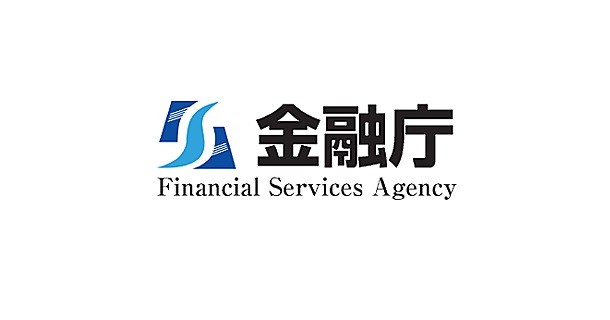Japan Considers Lifting Restrictions on Foreign Stablecoins After Ban
The FSA is seeking public feedback on the draft regulation that will allow Japanese exchanges to enable stablecoin trading.

Subscribe to our newsletter!
- Japan’s Financial Services Agency (FSA) is considering to re-allow foreign-issued stablecoins in Japanese exchanges.
- The new framework will be implemented together with a revised that will allow faster and cheaper international money transfers using stablecoins.
- The FSA is seeking public feedback on the draft regulation that will allow Japanese exchanges to enable stablecoin trading.
The Financial Services Agency (FSA) of Japan, an integrated financial regulator responsible for overseeing the banking, securities and exchange, and insurance sectors in the country, is now considering re-allowing the local distribution of stablecoins issued overseas, like USD Coin ($USDC) and Tether ($USDT), after banning it earlier this year, the Japanese news agency Nikkei reported.
According to the report, the new framework will be applied together with the revised Payment Services Act by 2023, so that international remittances will be faster and cheaper through stablecoins.
Stablecoins are cryptocurrencies whose values remain the same relative to most coins on the crypto market. All stablecoins are pegged to something; whether it’s another currency or an underlying asset, or, in some cases, a particular value, like fiat (US Dollar/Euro, Yen), or gold.
In a different report by the same news agency, Nikkei also stressed that the FSA is seeking public feedback on a draft regulation that the regulatory agency has been crafting to allow the 31 currently listed Japanese crypto exchanges to allow stablecoin trading.
The Japanese government restricted the issuance of stablecoins to banks and wire transfer companies in 2022 with the goal of lowering the risk of coin users and preventing money laundering.

“Intermediaries like wallet providers involved in stablecoin transactions and management will be brought under the agency’s oversight. They will also be required to meet obligations under Japan’s law on preventing transfers of criminal proceeds, including verifying user identities and reporting suspicious transactions,” a December 2021 report read.
Aside from re-allowing the issuance of stablecoins, the FSA also emphasized that tighter anti-money laundering measures will also be implemented in the country.
Currently, one of the things stated in the draft bill prepared by the agency is that stablecoins must be linked to the yen or another legal tender and guarantee their holders the right to redeem them at face value.
And once finalized, stablecoins can only be issued by licensed banks, registered money transfer agents, and qualified financial services companies.
Moreover, local exchanges will be expected to handle foreign stablecoin transactions “under the condition of asset preservation by deposits and an upper limit on remittances” and should collect first the personal information of their users that will be involved in stablecoin transactions. The remittance limit is ¥1 million (around $7500).
Last June, the Japanese parliament signed its ”Landmark Law,” which defines stablecoins as digital money in Japan.
Meanwhile, in the Philippines, the Bangko Sentral ng Pilipinas (BSP) wanted to do the same thing, as the Central Bank is still seeking regulations on digital assets and the digital space— this includes non-fungible tokens (NFT) and cryptocurrencies.
This is supported by BSP Director Mhel Plabasan, who sees stablecoins as a plausible solution for more efficient payment transactions in the country.
This article is published on BitPinas: Japan Considers Lifting Restrictions on Foreign Stablecoins After Ban
Disclaimer: BitPinas articles and its external content are not financial advice. The team serves to deliver independent, unbiased news to provide information for Philippine-crypto and beyond.




